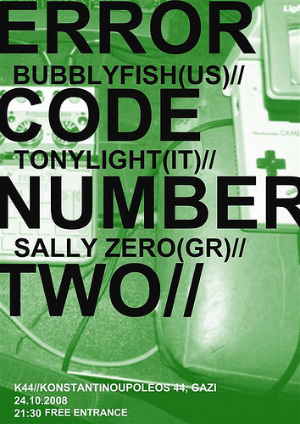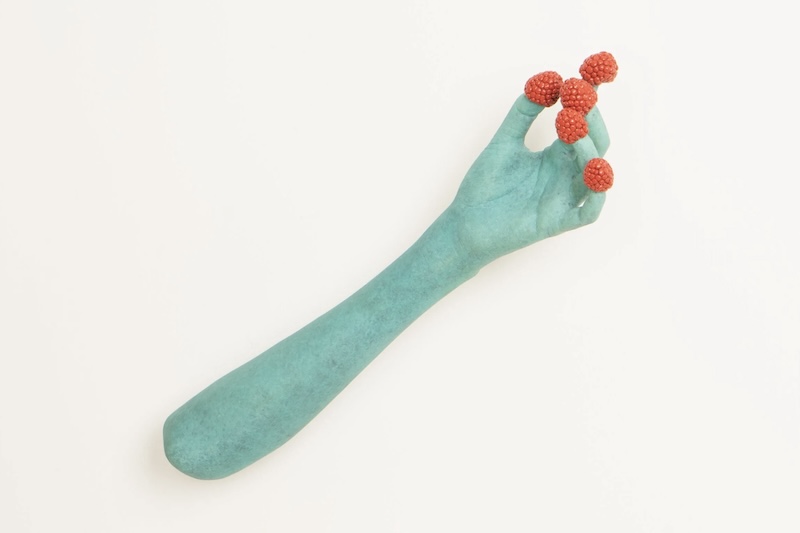Platypus in 2026

Welcome to Platypus in 2026! Last year, we published over 65 posts, almost a quarter of which were also in a second language, and maintained a readership from 175 different countries. A full summary of CASTAC’s activities in 2025 can be found at our 2025 Year in Review. As we look ahead to another engaging year of publishing a wide range of work from the social sciences on science and technology, we are thankful for the labor that our editorial team and our authors continue to put in. We are also very grateful to you, our readers – thank you for being here every week! (read more...)







